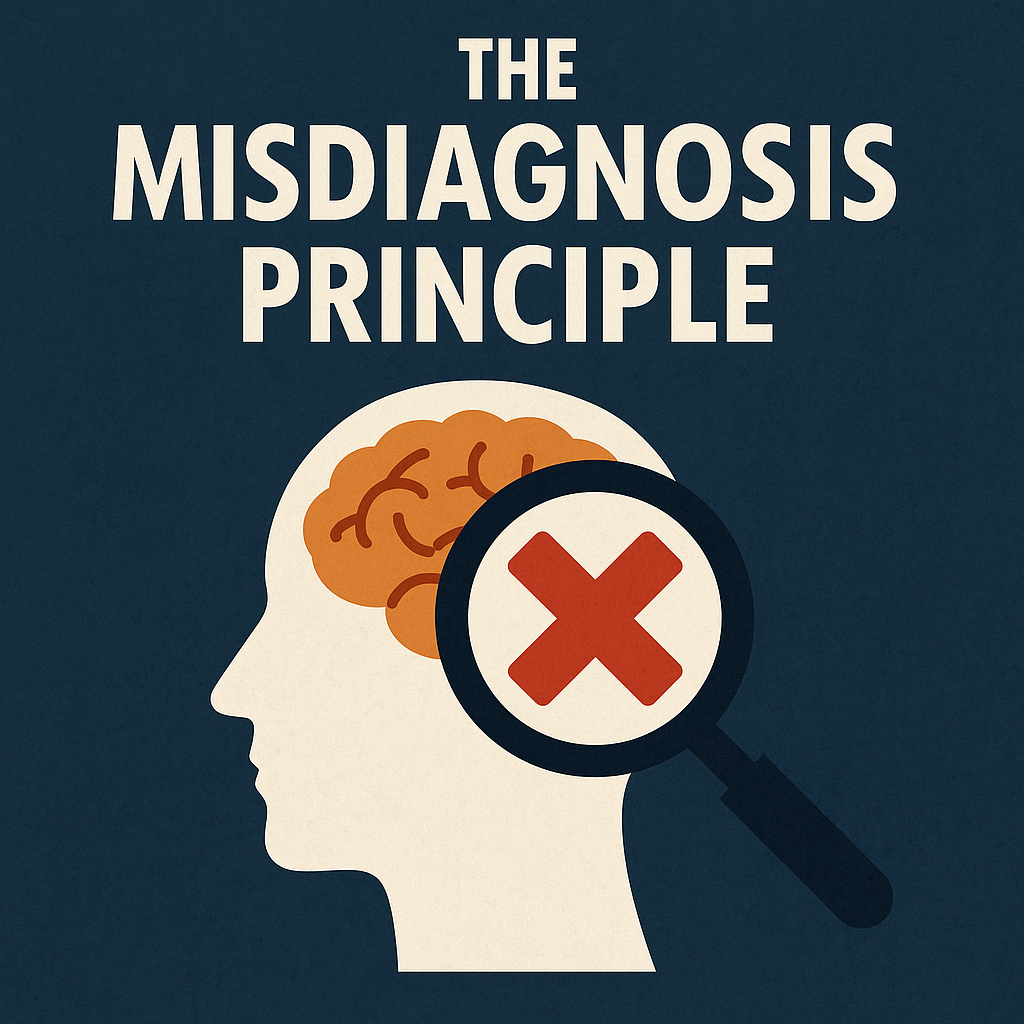Divorce for Selfish Reasons as Contributing to the Delinquency of a Minor
Divorce is a deeply personal and often painful decision. However, when it occurs for selfish reasons—such as the pursuit of personal pleasure, infatuation with someone new, or a refusal to work through solvable conflicts—the consequences extend beyond the couple. One of the most devastating effects of such divorces is the long-term impact on children, which can, in many ways, be considered a form of delinquency against minors—a failure to uphold the responsibility of providing a stable home.
The Moral and Ethical Duty of Parenthood
- Children do not choose to be born—parents bring them into the world and, therefore, owe them stability, love, and security.
- Divorce for selfish reasons prioritizes adult desires over a child’s well-being, undermining the child’s fundamental need for security and continuity.
- While some divorces are necessary due to abuse, addiction, or irreconcilable damage, many are caused by hedonic adaptation, personal dissatisfaction, or societal influences that glorify self-fulfillment over family responsibility.
How Divorce Harms Children
Studies consistently show that children from broken homes face significantly higher risks of:
A. Emotional and Psychological Trauma
- Feelings of Abandonment: Children may feel they were not worth fighting for.
- Insecurity and Anxiety: A broken home leads to feelings of instability.
- Guilt and Self-Blame: Younger children often believe the divorce is their fault.
- Long-Term Relationship Issues: Many children of divorce struggle with commitment and trust in adulthood.
B. Behavioral and Social Consequences
- Higher Risk of Juvenile Delinquency: Studies show children from broken homes are more likely to engage in risky behaviors such as drug use, early sexual activity, and crime.
- Academic Decline: Divorce can cause children to lose focus in school, leading to lower grades and educational setbacks.
- Social Withdrawal or Aggression: Some children become withdrawn and depressed, while others become angry and rebellious.
C. Economic and Lifestyle Instability
- Financial Hardship: A divorce often reduces household income, leading to a lower quality of life for the child.
- Loss of Community and Routine: Children may have to move homes, change schools, and lose familiar support systems.
- Parental Alienation: Some children become estranged from one parent due to bitterness, manipulation, or custody battles.
The Modern Culture of Selfish Divorce
The modern world romanticizes personal happiness over duty. Many divorces today are based on:
- “Falling out of love” instead of working to rekindle the relationship.
- “Wanting something new” due to the hedonic treadmill—the tendency to get bored and seek new excitement.
- “Feeling unfulfilled” instead of addressing the personal growth and maturity needed for commitment.
Society used to view marriage as a lifelong commitment requiring effort, sacrifice, and duty. Today, it is often seen as something that can be discarded when it no longer provides instant gratification.
Divorce as Contributing to the Delinquency of a Minor
The legal definition of contributing to the delinquency of a minor generally refers to exposing a child to harmful influences that may lead to criminal behavior or moral corruption. While divorce is not legally classified in this way, its consequences often mirror the effects of parental neglect, instability, and irresponsibility.
When a parent divorces for self-centered reasons, they may:
- Disrupt the child’s moral and emotional development.
- Create an unstable environment that increases the child’s risk of delinquency.
- Fail in their duty to provide a strong foundation for their child’s future.
Would society tolerate a parent who selfishly abandons their child for a new, more exciting child? No. But when a parent abandons their family unit for personal desires, the consequences for the child are just as severe.
The Antidote: Strengthening Family Commitment
If divorce is truly necessary, parents must take extraordinary measures to protect their children from harm. But in many cases, marriages can be saved through effort, selflessness, and renewed commitment.
Strategies for Strengthening Marriages for the Sake of Children:
- Prioritize Commitment Over Feelings – Love is a choice, not just a feeling.
- Seek Counseling Before Divorce – Many marriages can be restored with the right guidance.
- Develop Gratitude in Marriage – Avoid the hedonic treadmill by appreciating what you already have.
- Put the Child’s Needs First – Children need stability, not parental selfishness.
- Work Through Challenges Instead of Running from Them – Resilience and sacrifice are part of love.
Conclusion
Divorce should not be treated as a trivial decision or a mere act of self-fulfillment—it is a life-altering event for children. Parents who pursue divorce for selfish reasons contribute to their child’s emotional and social decline, potentially leading to delinquency, insecurity, and trauma.
Society needs to restore the value of commitment, responsibility, and selflessness in marriage, understanding that the true cost of selfish divorce is paid by the children.







